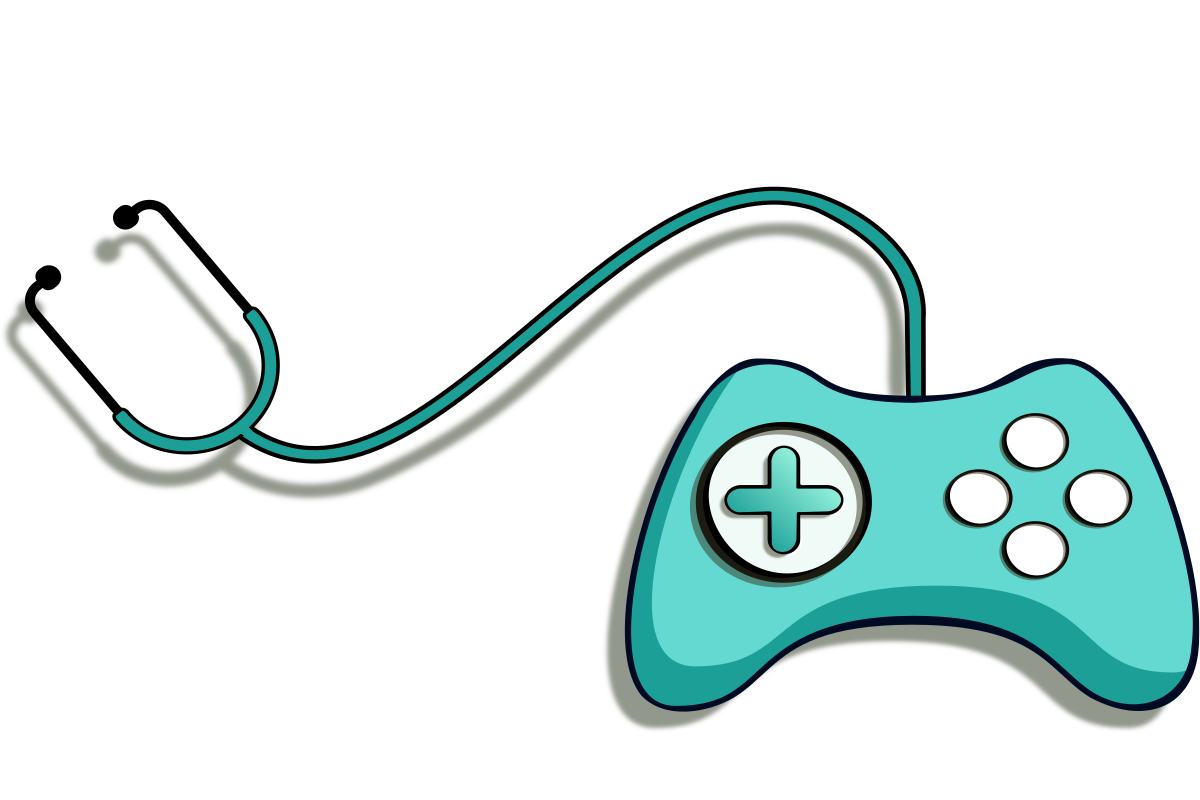Medical Games
Drawing on decades of experience in games, medicine, and software development, we create interactive experiences that communicate scientific and clinical messages in a compelling way.
HCPs and patients increasingly gain knowledge through games and interactive media
From high-end console games to daily Wordle challenges, video games are a mainstream activity. 3 out of 4 adults play games regularly[1], with an equal split between genders [2]. Even those who don’t play games are likely engaging with interactive media in one form or another.
We specialise in creating interactive experiences to communicate scientific and clinical messages. We create anything from interactive data visualizations that simplifiy clinical trial results, to standalone games that vividly portray a patient’s journey.
Learning through games, or gamified experiences, is one of the best ways to learn and remember
Most people today are time-poor and informationally-overloaded, so a game or interactive experience represents an appealing way to increase knowledge in a short period of time. It has also been shown to be a more effective way of learning.
For example, a randomised controlled study involving 145 medical students [3] showed a 12% improvement in test scores when a medical topic - urinalysis - was taught through a game compared to traditional text-based methods.
More importantly, people genuinely enjoy learning through games. This means they are more motivated to engage with the learning material. The same study revealed a clear preference among students for game-based learning, coupled with increased confidence in the topic of urinalysis.
Clearly, there is a preference for game-based learning among adults.
Games can teach, not just entertain
A unique strength of learning through games is that players have a chance to discover the answer, rather than passively be told. Consider learning (or remembering!) about nucleotide base pairing: we could provide a description, or we could allow you to piece together a DNA strand in an interactive module, letting you discover the correct pairings yourself. This active engagement leads to deeper understanding and better recall.
Creating a truly impactful game requires more than simply layering content into a game-like format. It demands the expertise of a team with professional experience applying game design principles, coupled with a deep understanding of the underlying scientific messaging that needs to be conveyed.
Games allow players to experience life from a patient’s point of view
Interactive experiences are unique in the way they elevate players from passive observers to active agents.
They give players choices, along with time and space to consider the visceral, frustrating consequences of those choices.
We write great games
We do not make generic off-the-shelf games and materials. We collaborate with anyone interested in creating bespoke, meaningful experiences to communicate their message using game-design concepts.
We’re very proud of our work. A previous title of ours, We’ll always have Paris, was nominated for a BAFTA games award for its sensitive and innovative portrayal of dementia.
We can meet your budget and timeline expectations, thanks to our streamlined processes and experience
With over a decade of experience in medicine, medical communications, and learning theory, we quickly grasp complex concepts and translate them into clear and compelling interactive content. We can make games or interactive experiences in any form. We often recommend a format that integrates with existing websites, but we also have a lot of experience building standalone applications for all platforms.
Unlike pure entertainment games, anything created for the pharmaceutical industry requires many rounds of review for accuracy, regulatory and legal compliance. We understand this process, and we are experienced working with it both when creating the materials and over time as it needs review and updates.
Let’s connect!
We’d love to have a no-pressure conversation to learn more about your goals, and explore how we can turn them into a compelling game or interactive experience. Please contact us on hello@cowleyforniastudios.com if you are interested!










